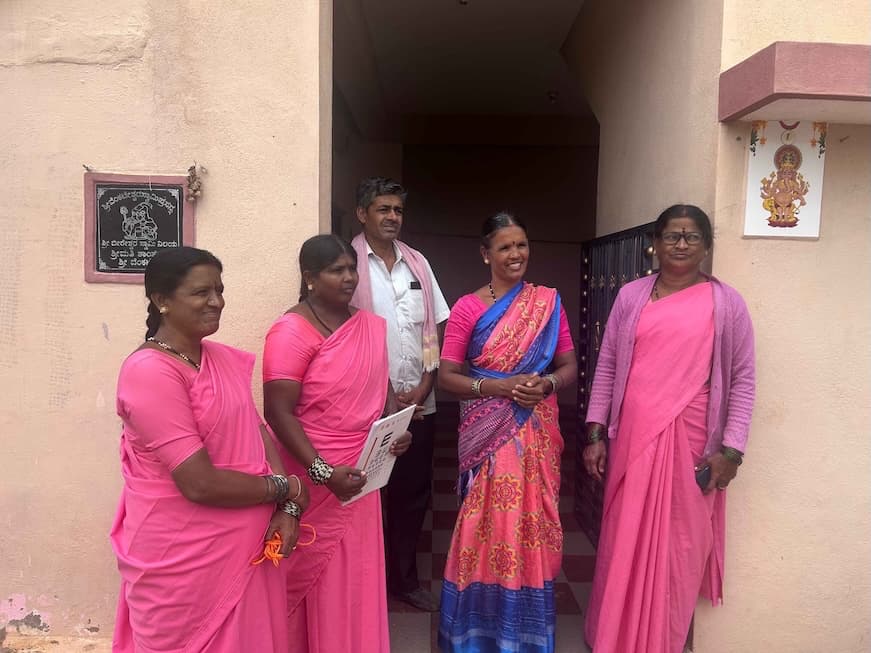CSR Project to Expand Vision Care in NITI Aayog’s Aspirational Blocks
Related Articles
National Study Finds 94.5% Survival Rate in Children After Cancer Treatment
The phrase "cancer-free" brings immense relief to families dealing with childhood cancer in India. However, the challenges faced after treatment often remain inadequately documented....
Why Do Tea and Coffee Form Bubbles? The Science Behind the Froth
When enjoying a cup of tea or coffee, many people notice the formation of bubbles on the liquid's surface. This phenomenon leads to a...
दिल्ली में मुख्यमंत्री ने 51 नए आयुष्मान आरोग्य मंदिरों का उद्घाटन किया, कुल संख्या 370 हुई
मुख्यमंत्री रेखा गुप्ता ने कहा कि दिल्ली सरकार का मुख्य उद्देश्य हर नागरिक को किफायती और सुलभ स्वास्थ्य सेवाएं प्रदान करना है। उन्होंने शुक्रवार...


